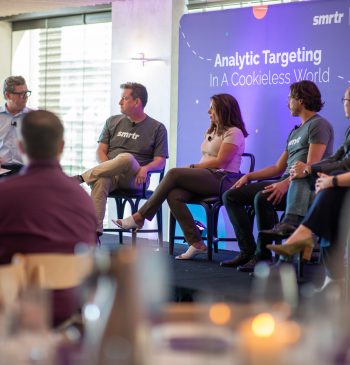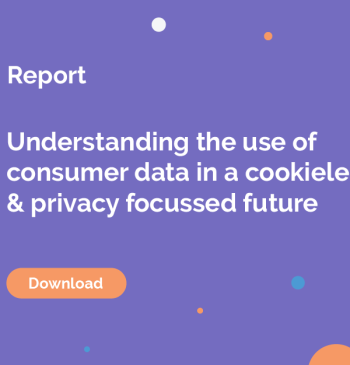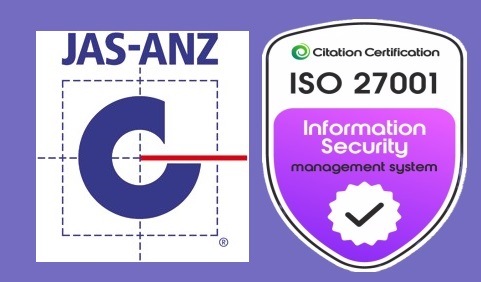Using Data To Supercharge Your Business Strategy
02 Feb

When discussing the monetary value of data, it is often framed as a commodity – a product that can be bought and sold. It’s the notion that has resulted in the often quoted ‘data is the new oil’ saying.
However, to realise the true commercial value of data, businesses must think about the many benefits it can deliver to the internal operations of the company.
Given the amount of data that is readily available to organisations, there is now no reason for a business strategy not to be data-driven. However, many important business decisions are still made using ‘gut feel’. A study by BI-Survey found 58 percent of companies still base at least half of their regular business decisions on gut feel.
Rather than relying on gut feel, businesses should now be thinking about how they can use data to better inform their decisions at all times. Here are some of the best ways that you can use data to supercharge your business strategy.
Deliver personalised experiences
An increasingly popular and effective way data is being used to help businesses is with personalisation. Now more than ever, customers expect personalised messaging and services from the brands they choose to spend with. By using data available, businesses should be able to build more accurate customer profiles and ultimately deliver better personalisation. This will in turn improve customer experience and will help ensure better retention.
Some of the biggest names in technology have managed to stand out from their competition on the back of strong personalisation services. Both Spotify and Netflix provide users with personalised content based on previous behaviour, while Amazon has grown into one of the biggest ecommerce marketplace in the world thanks to its personalised product suggestions.
Better understand your business points of failure
To improve your business strategy ultimately requires some level of introspection. Once shortfalls and possible missed opportunities are uncovered, a business can then move to rectify these problems and improve moving forward. Again, data is an extremely valuable tool in this scenario. For example, a company might identify a point in the purchasing funnel where customers are regularly dropping off. By identifying this and fixing it, the company then stands to start converting more sales and boosting revenue.
Collecting customer complaint data in a way that can be structured and quantified provides the opportunity to prioritise improvements based on frequency and impact.
Another example of using data to better understand your business could be implementing data analytics in supply chain management. Global consumer packaged goods companies such as PepsiCo and Coca-Cola Amatil rely heavily on data analytics to ensure retailers are replenished with their products.
Make sure your data is clean and readily available
We’ve said it before, and we’ll say it again – given the many uses of data to a business, it is imperative that it is stored and organised in a way that makes it easy to use. Data cleansing is a great way to start organisation data into actionable insights and ensures that when a business starts making data-driven decisions, all the information is set out in an accessible way.
The US government’s Food and Nutrition Service (FNS) demonstrated the potential benefits of data cleansing through its National School Lunch Program, which provides low cost meals to over 30 million children each day. This national program relies on aggregated data collected by state governments from local districts about the eligibility of each school meal program. Given the size of the initiative and the variety of sources it is gathered through (and sometimes high error rates in certain states), significant data cleansing is required from the FNS to ensure the program runs smoothly. However, the effort involved here has paid off, with the FNS having recently developed a new API-based data validation service that highlights erroneous entries for people entering data at the school district level.
To find out more about how smrtr can help your business strategy using the power of data contact us and we’ll be in touch in the next business day.
By Steve Millward, General Manager – Commercial at smrtr




